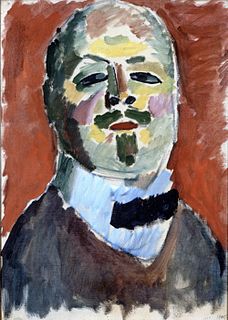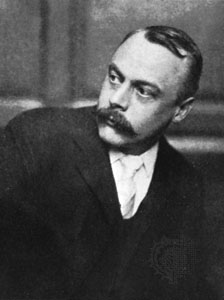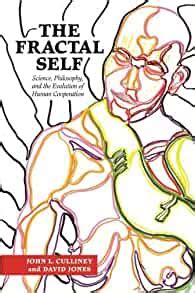A Quote by Friedrich Nietzsche
The earth has become small, and on it hops the last man, who makes everything small. His race can no more be exterminated than the flea can be. The last man lives the longest.
Related Quotes
My art in the last period has all been in small format, but my paintings have become even deeper and more spiritual, speaking truly through colour. Feeling that because of my illness I would not be able to paint very much longer, I worked like a man obsessed on these little 'Meditations' (a long series of small paintings he made during the last years of his life, with as main motif the schema of a face, ed.). And now I leave these small but, to me, important works to the future and to people who love art.
If there be any man who thinks the ruin of a race of men a small matter, compared with the last decoration and completions of hisown comfort,--who would not so much as part with his ice- cream, to save them from rapine and manacles, I think I must not hesitate to satisfy that man that also his cream and vanilla are safer and cheaper by placing the negro nation on a fair footing than by robbing them.
See, the ‘small stuff’ is what makes up the larger picture of our lives. Many people are like you, young man. But their perspective is distorted. They ignore ‘small stuff,’ claiming to have an eye on the bigger picture, never understanding that the bigger picture is composed of nothing more than-are you ready?- ‘small stuff’.
If Montaigne is a man in the prime of life sitting in his study on a warm morning and putting down the sum of his experience in his rich, sinewy prose, then Pascal is that same man lying awake in the small hours of the night when death seems very close and every thought is heightened by the apprehension that it may be his last.
Only when there is a wilderness can man harmonize his inner being with the wavelengths of the earth. When the earth, its products, its creatures, become his concern, man is caught up in a cause greater than his own life and more meaningful. Only when man loses himself in an endeavor of that magnitude does he walk and live with humanity and reverence.
The Mole was bewitched, entranced, fascinated. By the side of the river he trotted as one trots, when very small, by the side of a man who holds one spellbound by exciting stories; and when tired at last, he sat on the bank, while the river still chattered on to him, a babbling procession of the best stories in the world, sent from the heart of the earth to be told at last to the insatiable sea.
Are we lost, or are we found at last? On earth we strive for our various needs, because so goes the fundamental law of man. Aloft, at least for a little while, the needs disappear. Likewise the striving. In the thoughts of man aloft, food and evil become mixed and sometimes reversed. This is the open door to wisdom. Aloft, the earth is ancient and man is young, regardless of his numbers, for there, aloft he may reaffirm his suspicions that he may not be so very much. This is the gateway to humility.
Remember this son, if you forget everything else. A poet is a musician who can't sing. Words have to find a man's mind before they can touch his heart. And, some men's minds are woeful small targets. Music touches their hearts directly, no matter how small or stubborn the mind of the man who listens.
In all well-attempered governments there is nothing which should be more jealously maintained than the spirit of obedience to law, more especially in small matters; for transgression creeps in unperceived and at last ruins the state, just as the constant recurrence of small expenses in time eats up a fortune.
If the black man is feeble and not important to the existing races, not on a parity with the best race, the black man must serve,and be exterminated. But if the black man carries in his bosom an indispensable element of a new and coming civilization; for the sake of that element, no wrong nor strength nor circumstance can hurt him: he will survive and play his part. So now, the arrival in the world of such men as Toussaint, and the Haytian heroes, or of the leaders of their race in Barbadoes and Jamaica, outweighs in good omen all the English and American humanity.
A distinguished man should be as particular about his last words as he is about his last breath. He should write them out on a slip of paper and take the judgment of his friends on them. He should never leave such a thing to the last hour of his life, and trust to an intellectual spurt at the last moment to enable him to say something smart with his latest gasp and launch into eternity with grandeur.
The heaviest of burdens is simultaneously an image of life's most intense fullfillment. The heavier the burden, the closer our lives come to the earth, the more real and truthful they become. Conversely, the absolute absence of a burden causes man to be lighter than air, to soar into new heights, take leave of the earth and his earthly being, and become only half real, his movements as free as they are insignificant. What then shall we choose? Weight or lightness?







































